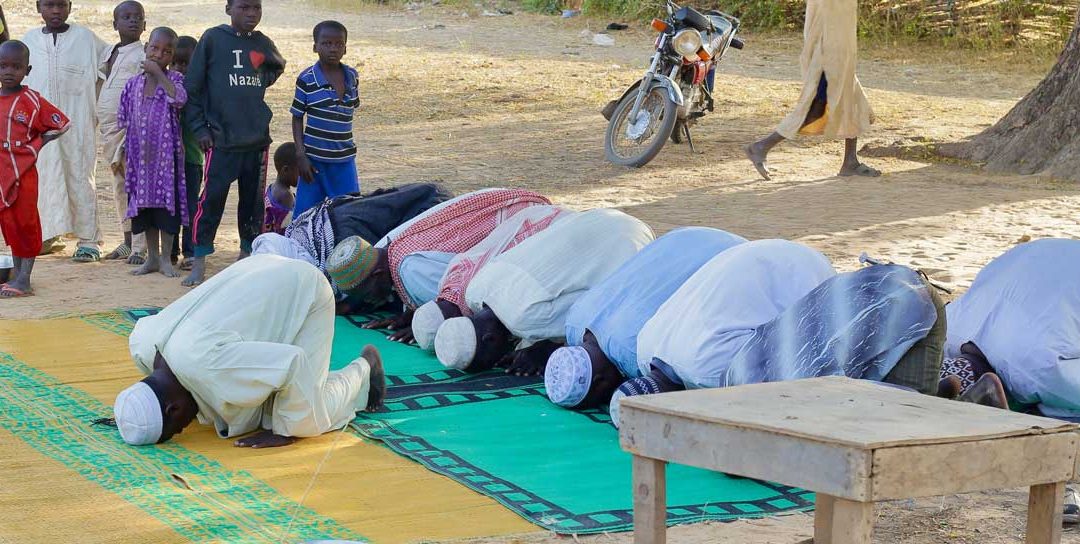Some of my fondest memories of community life in the Muslim village in Chad that my family lived in for nearly ten years revolve around the holidays—not only Christian holidays, but also Muslim ones.
Perhaps the most popular Muslim holiday of the year is Eid al-Adha (Feast of Sacrifice), which takes place on the tenth day of Dhul-Hijat, one of the twelve months of the Muslim lunar calendar.
The essence of the celebration in the Muslim mind is a commemoration of the Qur’anic story of Abraham’s obedience to God when asked to sacrifice his son, and God’s subsequent provision of a sacrificial ram in the place of the boy. The story (found in Surah As-Saffat 37:99-111) is much shorter than the Genesis account, but the common theme of Abraham’s obedience and God’s provision is clear. The common Qur’anic interpretation of this story places great emphasis on the submission of Abraham and his son to follow through with God’s command, but little significance is given to the biblical understanding of the substitutionary sacrifice.
We found the celebration of this holiday to be a great opportunity to contextually share the gospel with our Muslim friends. When Eid al-Adha came around, every household that could afford it procured and butchered a sheep or a ram in commemoration of Abraham’s submission to God’s command to sacrifice his son, and God’s subsequent provision of the sacrificial ram. On the day of the celebration, everybody would dress up in their finest clothes. They would gather in the morning as a community for a special “Eid” community prayer. And then the party would start. Our Muslim friends would make the rounds, visiting each other’s homes, eating together, and sharing gifts. We were always invited to join in. And we actively participated.
Before the holiday, I would go to the local market and barter for a large ram. We would butcher the ram according to the Islamic “Halal” dietary law and then prepare a feast of rice and mutton stew. We would brew gallons of tea. And we would invite the neighbors into our courtyard for a feast. As we sat around and sipped hot tea, I would pull out the Bible and read the Genesis account of Abraham and the sacrifice. I would emphasize not only the faith of Abraham, but God’s provision of the ram in the place of Abraham’s son, and the significance of Abraham’s naming of the place of sacrifice: “The Lord will Provide” (Genesis 22:14). And I would read the promise of God associated with the event, zeroing in on verse 18, “…and through your offspring all nations on earth will be blessed, because you have obeyed me.”
Muslims love the idea of being blessed by God! They pray for it all the time. And they wish it on each other. But they predominantly think of godly blessing as merited through one’s good works. So as I shared this story of the provision of God in the place of Abraham’s son, and the accompanying promise of blessing to all nations, it naturally segued into an opportunity to share the gospel of Jesus. Of him, Revelation 5:9 says, “…with your blood you purchased for God persons from every tribe and language and people and nation.” Jesus is the true and ultimate “Adha,” and our reason to celebrate this and every season.
Dan Venberg is Director of Lutheran Brethren International Mission.

